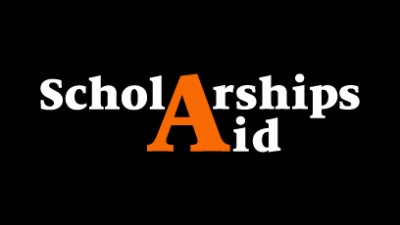Driart Elshani
Adjunct Faculty
RIT Kosovo
Currently Teaching
GCIS-123
Software Development and Problem Solving I
4 Credits
A first course introducing students to the fundamentals of computational problem solving. Students will learn a systematic approach to problem solving, including how to frame a problem in computational terms, how to decompose larger problems into smaller components, how to implement innovative software solutions using a contemporary programming language, how to critically debug their solutions, and how to assess the adequacy of the software solution. Additional topics include an introduction to object-oriented programming and data structures such as arrays and stacks. Students will complete both in-class and out-of-class assignments.
ISTE-140
Web & Mobile I
3 Credits
This course provides students with an introduction to internet and web technologies, and to development on Macintosh/UNIX computer platforms. Topics include HTML and CSS, CSS3 features, digital images, web page design and website publishing. Emphasis is placed on fundamentals, concepts and standards. Additional topics include the user experience, mobile design issues, and copyright/intellectual property considerations. Exercises and projects are required.
ISTE-240
Web & Mobile II
3 Credits
This course builds on the basics of web page development that are presented in Web and Mobile I and extends that knowledge to focus on theories, issues, and technologies related to the design and development of web sites. An overview of web design concepts, including usability, accessibility, information architecture, and graphic design in the context of the web will be covered. Introduction to web site technologies, including HTTP, web client and server programming, and dynamic page generation from a database also will be explored. Development exercises are required.
ISTE-252
Foundations of Mobile Design
3 Credits
This course is an introduction to designing, prototyping, and creating applications and web applications for mobile devices. These devices include a unique set of hardware and communications capabilities, incorporate novel interfaces, are location aware, and provide persistent connectivity. Topics covered include user interaction patterns, connectivity, interface design, software design patterns, and application architectures. Programming projects are required.
NSSA-221
Systems Administration I
3 Credits
This course is designed to give students an understanding of the role of the system administrator in large organizations. This will be accomplished through a discussion of many of the tasks and tools of system administration. Students will participate in both a lecture section and a separate lab section. The technologies discussed in this class include: operating systems, system security, and service deployment strategies.










